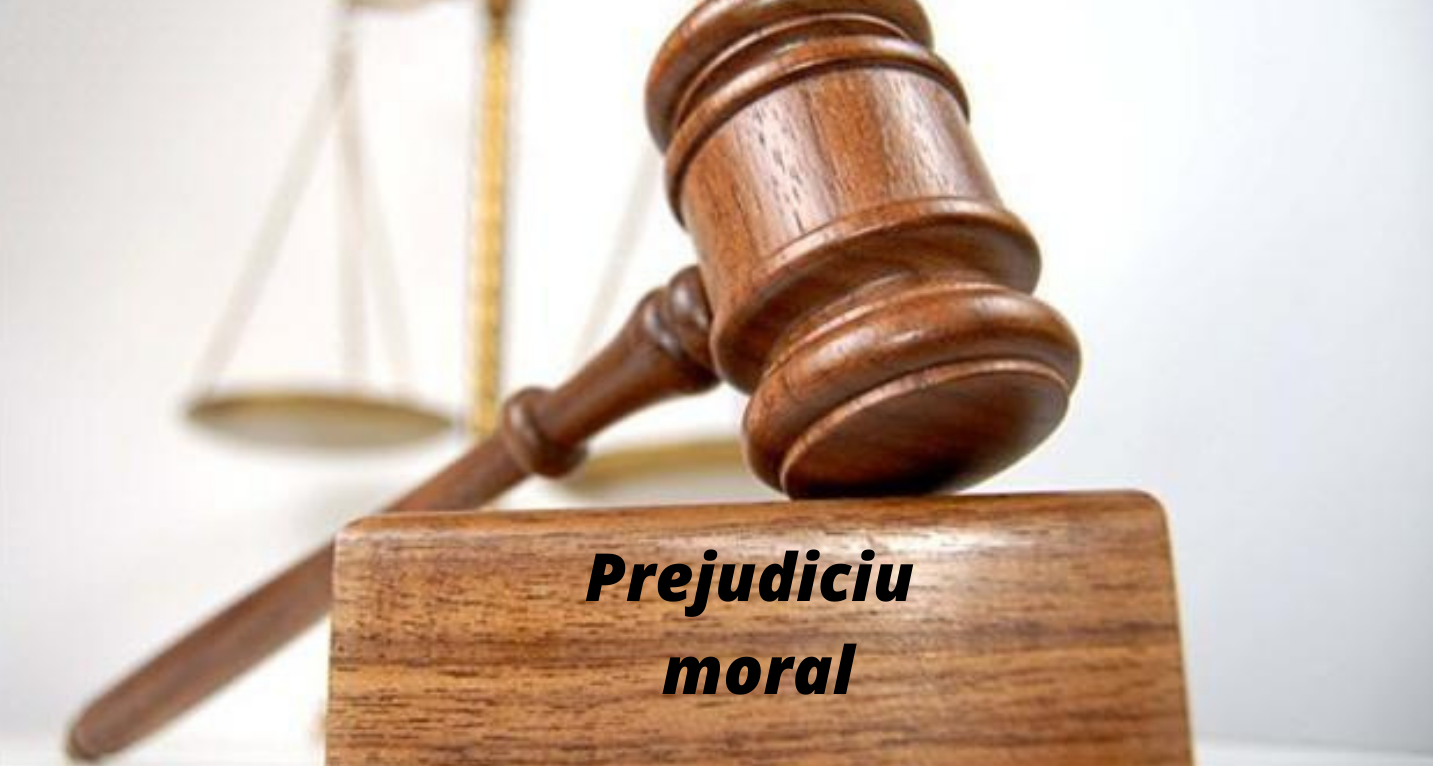back
For cases delayed in court, litigants can claim material damages

Some cases go through the courts for years without a final decision. Some litigants are taking their cases to the European Court of Human Rights (ECtHR), also claiming compensation for the delay in national courts examining their cases.
Some cases go through the courts for years without a final decision. Some litigants are taking their cases to the European Court of Human Rights (ECtHR), also claiming compensation for the delay in national courts examining their cases. Judges defend themselves and say that in such cases it is not just the judge who is at fault, but also the parties or their lawyers. In the summer of 2017, photojournalist Constantin Grigoriță filed a complaint against Igor Dodon, as well as the President's Apparatus, on the grounds of restricting access to a press conference of the head of state. This happened after Constantin Grigoriță asked Igor Dodon at another press conference how he could bow to the aggressor, referring to his meeting with the head of the separatist regime in Tiraspol. Subsequently, the photojournalist was barred from all public events attended by the Moldovan president. When asked by journalists, Anatol Ciobanu, Igor Dodon's lawyer, said at the time that Grigoriță was not allowed to attend the events for procedural reasons, allegedly because the photojournalist had not registered in time, or because of lack of space. The journalist filed a complaint, and the case has been in the main court, Chisinau Court (Buiucani seat), for almost a year. After several postponements, the magistrates decided to combine the photojournalist's complaints against Igor Dodon and against the President's Office, citing the need to "apply the same procedure for resolution". More than two years on the magistrates' table at the court In July 2018, the Chisinau Court of Appeals issued a ruling, rejecting Constantin Grigoriță's claim as unfounded. Strange as it may seem, however, after issuing the decision, the magistrates of the lower court did not formulate the reasoning, so C. Crigoriță cannot challenge it at the appeal court. Vitalie Zamă, Grigoriță's lawyer, says the case is a sample of a trial that was dragged out in court. He explains that there is no fixed period within which a case can be examined by magistrates, but the time limit must be reasonable and depends on three factors: the complexity of the case, the behaviour of the parties and the behaviour of the court. "Grigoriza's case is definitely being derailed. To this day we do not have a reasoned decision from the court and we cannot challenge it," says the lawyer. Constantin Grigoriță is outraged that the case has been on the judges' table for more than two years and is determined to go all the way to the ECtHR: "I am sorry that in the end it is not the president who has restricted my rights or the magistrates who have delayed the case that will pay compensation, but the state of the Republic of Moldova". When does the ECtHR consider applications for delayed cases in national courts? As a rule, court proceedings lasting less than two years in a single court or non-enforcement of judgments by the State lasting less than one year are rejected by the ECtHR as manifestly unfounded. Experts at the Centre for Legal Resources in Moldova (CRJM) say that before appealing to the ECtHR, litigants should be aware that they can ask the national court to compensate them for the delay in bringing their case to trial. Ilie Chirtoaca, legal advisor at the CCMJE, refers to the Law on State Compensation for Damage Caused by Violation of the Right to a Reasonable Trial or the Right to Enforcement, according to which parties can claim compensation from the state. "In 2009, people were going to the European Court. At one point, there were over 300 applications from Moldova concerning the delay of trials or non-enforcement of judgments. When the ECtHR saw that this was a systemic problem, it issued a pilot ruling, obliging the Republic of Moldova to set up a remedy at national level whereby claimants could be compensated," the expert notes. Out of 38 cases on violation of reasonable time - only one moral damage The lawyers at the CMRC analysed 176 cases settled irrevocably between October 2017 and March 2020 in terms of the length of examination, the quality of the reasoning of the decisions, as well as the compensation awarded. Thus, out of 38 cases concerning the violation of the reasonable time for examination, the judges admitted the claimant's claim in one case, establishing a material damage of 40 thousand lei. At the event to present this research, Aliona Miron, a magistrate at the Chisinau Court of Appeals, Centre sector (where disputes are examined under Law 87), said that some cases are delayed not because of the magistrates' fault, but because of the parties being tried. "For the most part, the excessive length of examination is caused by the behaviour of the plaintiff, who asks for an adjournment in order to present something, informing the court that he takes responsibility for the late examination. Similarly, defenders often cite various reasons for postponing the examination of cases. Another reason the judge cannot influence is expert opinions, especially in matrimonial disputes," she said. Have your fundamental rights and freedoms been violated? Call the free "hotline" 080080030 from landlines or mobile phones and we will help you to be heard and refer you to the relevant public institutions. Lilia Zaharia Independent Press Association